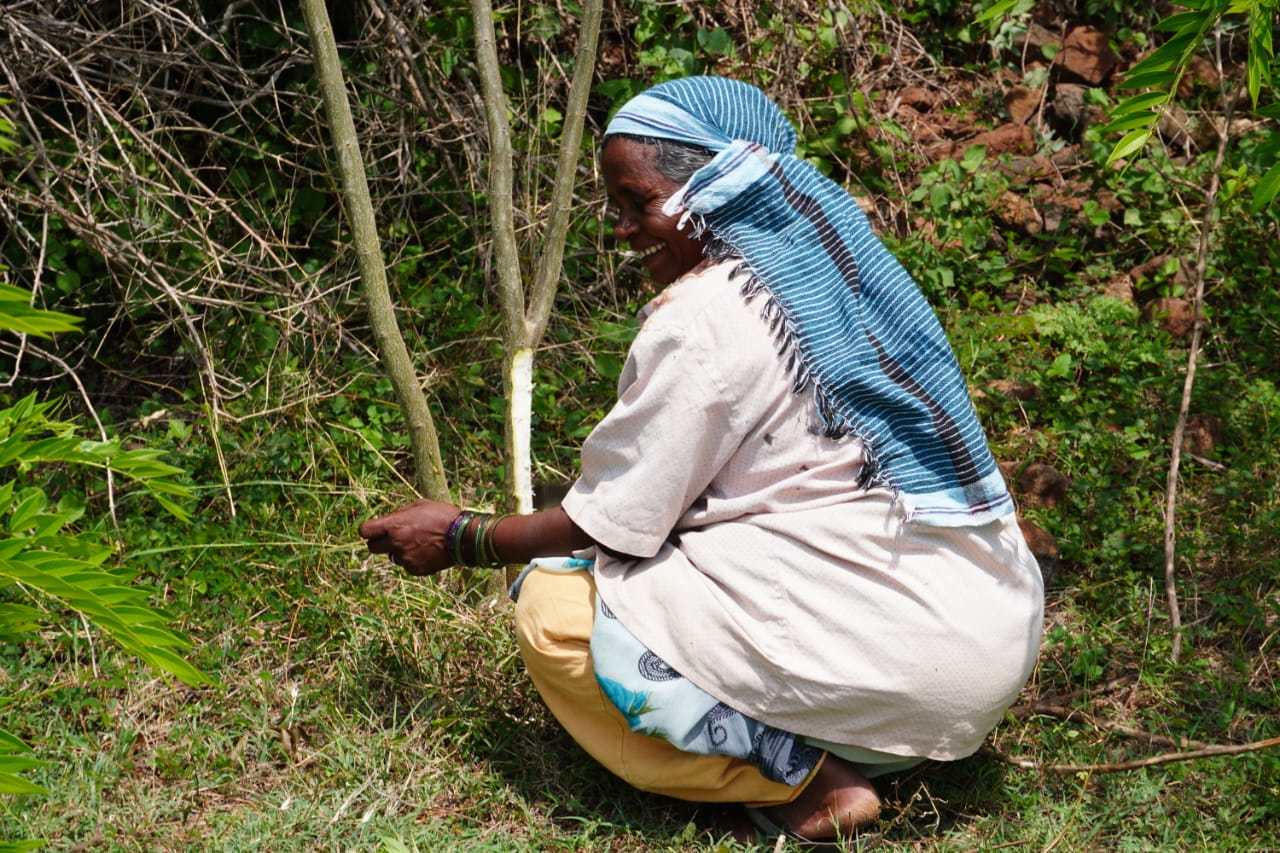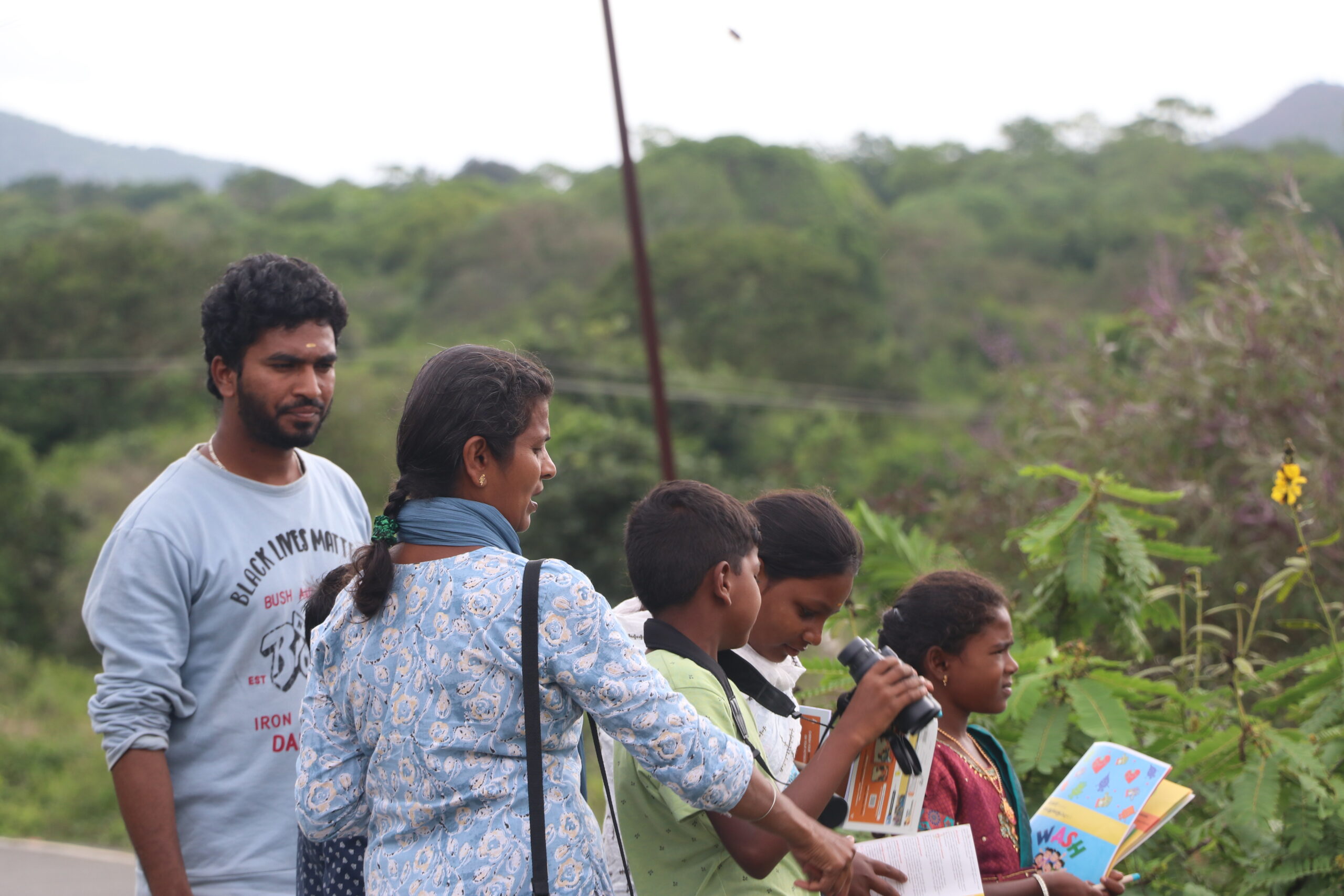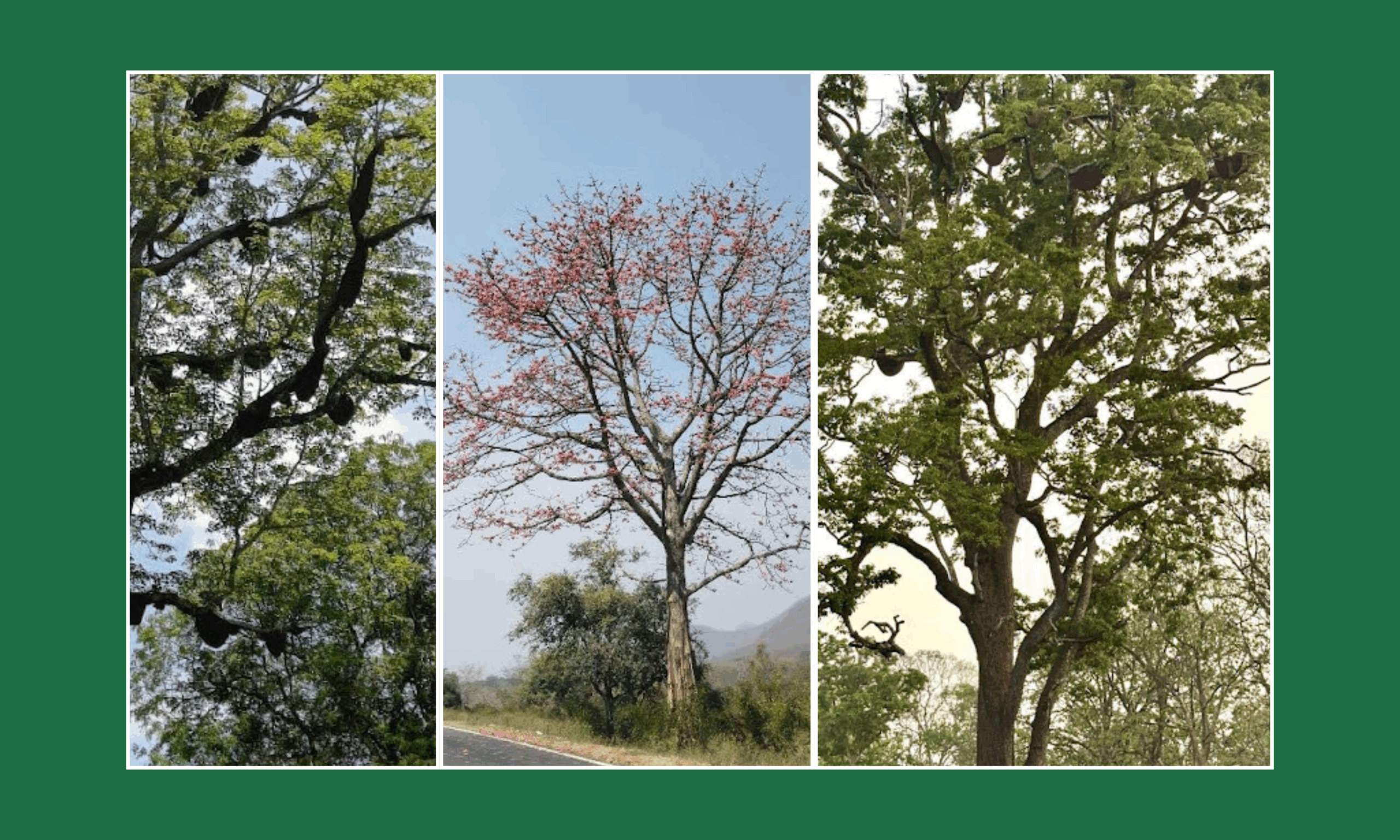My work at Keystone was to write a case study report for Aadhimalai, a tribal producer company. In this report my focus was to look at the functioning of the company through the lens of co-creation, co-production and sustainable markets. These concepts are interconnected and always work together to achieve sustainable livelihoods and biodiversity conservation. Through my study I could see a remarkable improvement in the livelihoods of the tribal community. Aadhimalai could generate this employment through the procurement and sale of NTFPs such as honey, shikakai, gooseberries, pepper and millets. The organic farming movement has also contributed in providing reliable employment. The PGS certification, an inalienable part of the organic movement, has helped the local farmers sell their produce at a rate which is much higher than the market rates. These employments, I believe, will play a decisive role in the times of COVID. The company with the help of its directors is actively involved in seeking markets for the crops and NTFPs which allow the producers a varied choice of buyers that they can sell their produce to which have resulted in sustainable extraction and higher living standard. The sustainable extraction will ensure improvement in the local biodiversity and a higher living standard would ensure better health, purchasing power and education.
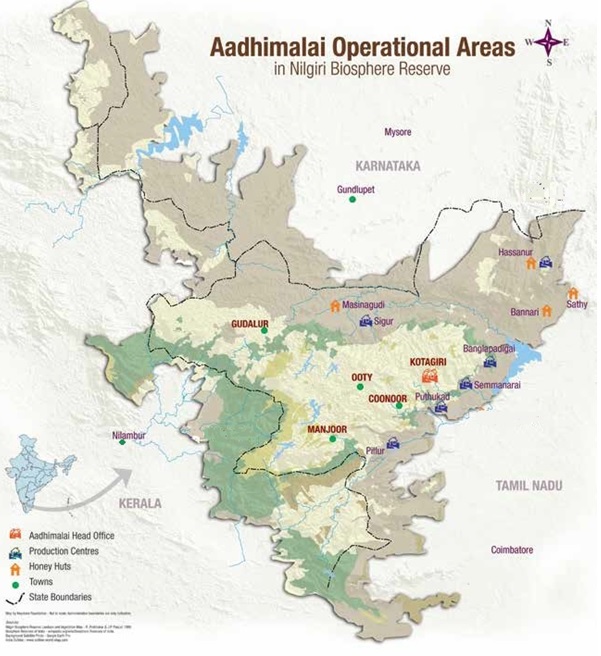
The company however is facing some challenges the most significant of them are decreasing involvement of the directors and shareholders, difficulty in expanding procurement networks and tackling migration. The solutions coined in my report and in a thorough social assessment carried out by Keystone can help in addressing these issues. The pandemic though has affected the sales is also proving as an opportunity for the company to re-think and re-plan. Decisions taken at this juncture will decide the course of the company and will decide if the local communities can tackle the slump in the economy.
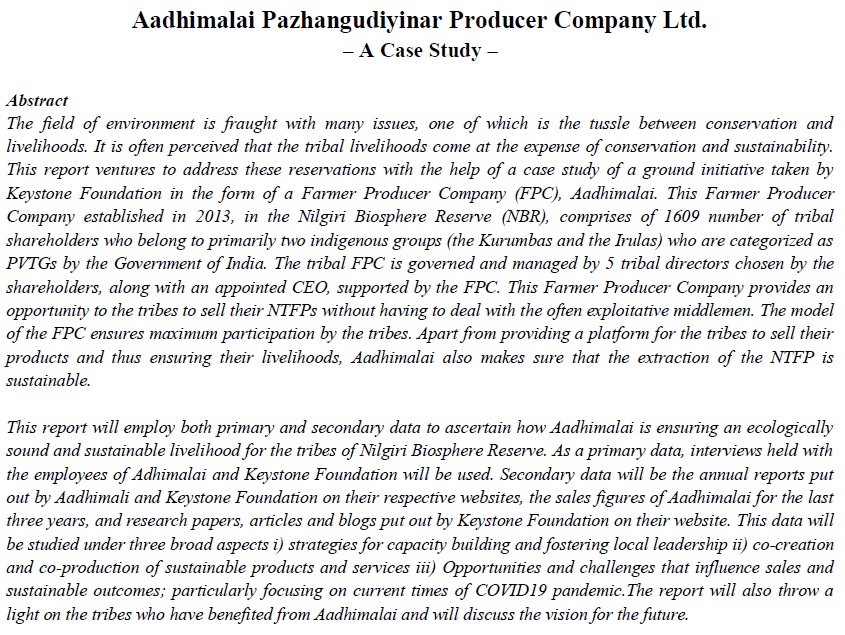
On a personal note, I think this study has widened my horizons. It has opened me up to a new world of economics of sustainability; to a world where I can talk about profit and feel good about it. The interventions carried out by Keystone has given context to my lectures and notes, it has helped me understand the possibilities and the limits of a sustainable world and how economics can be used to incentivize or disincentivize people for creating a healthy ecosystem. There were few challenges that I faced during the study. The biggest of them was the inability to visualize a particular issue. Although the papers, reports, excel sheets and blogs did a great job in painting a picture of the ground reality, pictures and videos of the areas under study would have helped me more.
Overall it was a great learning experience and has certainly hiked my curiosity which I think will help me in the future.
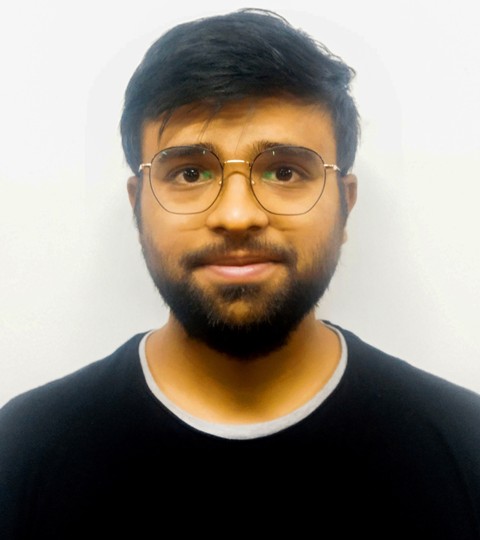
By Amit Solanke- Masters’ in development student from Azim Premji University (2019-2021)

